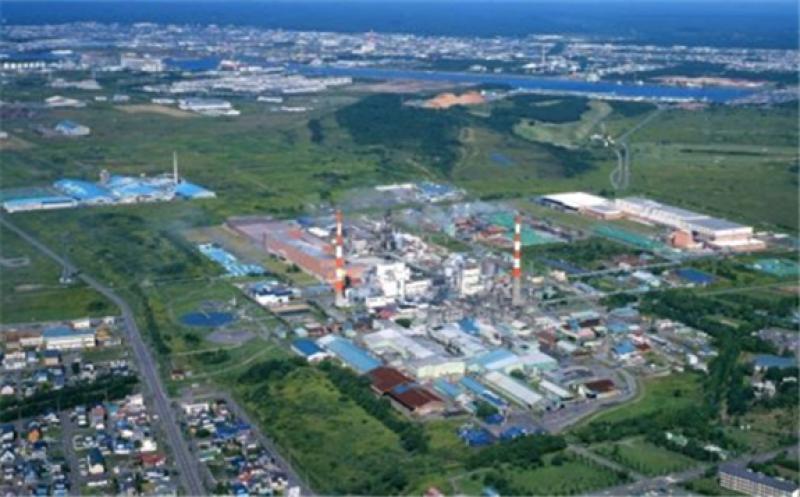Japanese paper producers may expand use of biomass fuels at their in-house power generation plants to help achieve the country's 2050 carbon neutrality target.

Japan's paper industry aims to increase the share of renewable power sources to 74pc in 2050, up from 43.4pc in the April 2019-March 2020 fiscal year, the Japan paper association (JPA) said in its 2050 vision released on 20 January.
Woody biomass and hydroelectric power sources would account for 36.8pc of the sector's energy mix in 2050 compared with 10pc in 2019-20. The ratio of black liquor is expected to increase to 37.1pc from 33.4pc during the period.
Paper mills' purchases of electricity and gas, estimated to account for 17pc of their total energy mix in 2050, would be carbon neutral. The sector also plans to use waste plastics and refuse-derived fuel at on-site generators, which will make up around 9pc of its total energy mix, the JPA said.
The increased use of renewable power sources would help reduce CO2 emissions by 8.4mn t, or 40pc, by 2050 compared with the 2013-14 period. Paper firms will likely step up efforts to ensure stable supplies of biomass fuels and develop technologies to produce new type of fuels such as white and black pellets, while introducing a variety of renewable sources such as hydropower, solar, wind and geothermal besides biomass.
The paper firms are required to reduce CO2 emissions by 21mn t by 2050 to achieve Japan's carbon-neutral target, compared with the 2013-14 baseline when the sector saw emissions of 18.8mn t from fossil fuel burning and 2mn t from waste. The industry is expected to cut 4.2mn t by using energy-saving equipment, 2.1mn t through paper-related technology innovation, 6.3mn t through energy-related technology development and 8.4mn t through using renewable sources of energy.
Premier Yoshihide Suga's government in October set a target to achieve net-zero greenhouse gas emissions by 2050 and in December released its green growth strategy to aggressively work towards achieving the country's 2050 decarbonisation target.